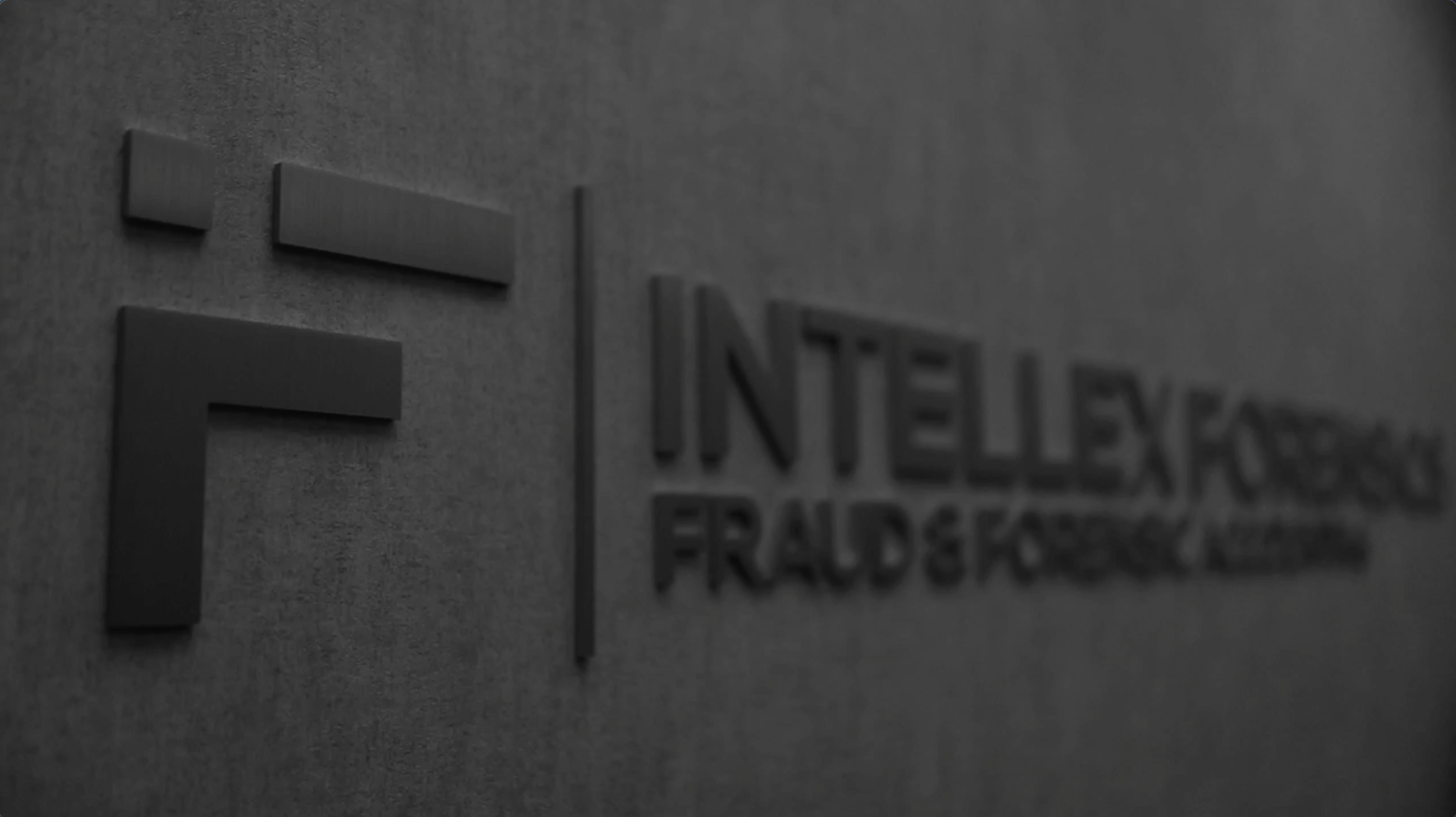Your Privacy
Intellex and its subsidiaries are in the business of confidentiality and discretion. We respect your privacy and security and are committed to protecting your personal information in all our operations. We will never use your name in our marketing material without your prior written consent and use safeguards to protect your confidentiality.

Toby Gerhart

Cory Svihla
Global Scam Operations and the Rise of Transnational Fraud Networks
UN reports show transnational fraud networks are generating an estimated $40 billion annually. Global scam operations and the rise of transnational fraud networks are becoming a serious international concern, threatening […]
Quality of Earnings in M&A: The Key to Unlocking True Value
In the sea of mergers and acquisitions (M&A), the allure of reported earnings can be a siren song, promising untold riches. But just like pirate invoices, what you see isn’t […]
The Entrepreneur’s Divorce: Protecting Business Assets in Marital Disputes
For entrepreneurs, divorce isn’t just personal—it can shake the foundation of everything you’ve built. When your life and your business are closely tied together, untangling the two during a separation […]
How the New Tariffs on Imported Cars Impact Businesses & Supply Chains
The new tariffs on imported cars have introduced significant challenges for businesses that rely on global supply chains. Effective April 3, 2025, these tariffs, set at 25%, target a wide […]
Forensic accounting differs from traditional audits primarily because of the purpose behind an audit. An audit is not intended to detect fraud, and that is clearly stated in audit engagement documentation. Forensic accountants work to uncover anything relating to fraud or financial misconduct against a business or individual. This may include anything ranging from vendor or employee fraud to financial statement fraud and corruption. Audits are strictly set to evaluate and examine the financial statements and provide declaration that all information provided by the financial statements is an accurate depiction of the business.
On most occasions, a forensic account is hired with a specific job in mind such as calculating damages, tracing and dividing assets, or valuing a business. Depending on the engagement the forensic accountant chosen should have the education, work experience, and certified credentials to withstand the scrutiny of the courtroom. Some of the common credentials to look for in a forensic accountant are:
CPA - Certified Public Accountant,
ASA - Accredited Senior Appraiser,
CFE - Certified Fraud Examiner,
ABV - Accredited in Business Valuation,
CITP - Certified Information Technology Professional, and
CFF - Certified in Financial Forensics
Forensic Accountants should be retained as early as possible in order to obtain maximum benefit. If retained early, a forensic accountant can assist with the examination for discovery, identify additional areas of damages, assist with settlement negotiations, or provide a preliminary assessment of the quantum of damages.
Depending on the situation, it may not be necessary to retain a forensic accountant through an attorney, at least initially. In situations where litigation or disputes arise, retaining a forensic accountant through an attorney is a protective mechanism to ensure that their work and communications can be protected from certain discovery requests. If you have not pursued litigation and/or have not retained an attorney, please reach out so that we can discuss the best course of action moving forward.
It is nearly impossible to estimate the cost of a forensic review and analysis without having pre-existing knowledge of the company, scope of the business, financial background, and a review of the accounting system. Our typical approach is to engage with a client and before commencing any paid services, we take a look at the scope of the project and provide estimates. Many times, these estimates include certain timing thresholds or designated points in which we report our findings so that we can estimate future costs. With the number of engagements our team has performed over time, we have the ability to provide pricing estimate ranges in most scenarios.
A forensic accountant can help reveal lucrative information during a divorce preparation stage. These services can calculate the amount of money accessible for alimony payments and child support, as well as finding different personal and community assets and liabilities and/or hidden income streams and assets.
A forensic accountant may NOT work on a contingency basis. The American Institute of CPAs forbids members from accepting contingency fees for their work.
The fairly obvious and most important part of a business valuation is the business's financial information. The preparer will request a balance sheet for each quarter for the past three to five years—depending on how long the company has been in existence. They will also need income statements and other financial statements for each quarter for the past three to five years. Other financial records include company financial forecasts such as balance sheets and income statements. Also, information on obligations for retirement plans, profit sharing, stock options, and bonuses will be required for the review.
In most cases, a forensic accountant is initially retained to review financial records because of a suspicion by one party that fraud or accounting irregularities are occurring with the facilitation of another party. Some of the common red flags that lead to this suspicion are:
Excessive or unaccounted for cash transactions,
Unreconciled bank account statements,
Unusual amounts of expense items, supplies, or employee reimbursements
Sudden activity in inactive accounts.
Forensic Accounting is a specialized practice where investigation, analysis, and accounting principles meet, to uncover financial misconduct, uncertainty, and crimes. Any irregularities are prepared for analysis and presented for use in a court of law.
A CPA is a certified public account that is a trusted financial adviser who has passed the CPA exam and met work experience requirements prior to becoming licensed. These requirements for licensure require CPAs to maintain the highest standard of knowledge and ethics when operating in a financial position.



